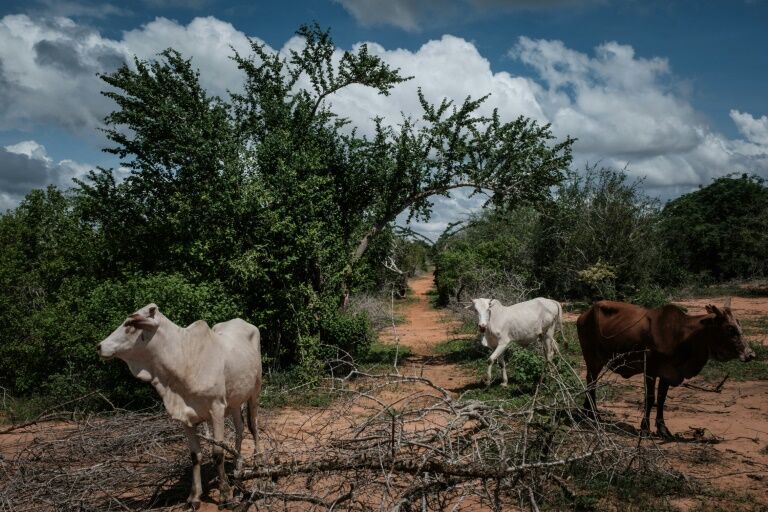Kenyan mass graves prompt calls to regulate religious cults

Kenyan self-styled pastor Paul Mackenzie Nthenge sparked shock and outrage in the country after leading his followers into the forest near the coastal town of Malindi, allegedly convincing them to starve to death to meet God. The Good News International Church closed in 2019 after Nthenge claimed that Jesus told him his work had come to an end. However, authorities discovered mass graves, some containing the remains of children, in the Shakahola forest, prompting calls for the regulation of religious organisations in Kenya.
The East African nation is home to over 4,000 registered churches, with a population of around 50 million people. Many are characterised by charismatic leaders who hold significant sway over their congregation’s lives and urge them to donate heavily to improve their financial fortunes. Unfortunately, others wield their influence with more sinister outcomes, twisting the Bible to suit their purposes and to retain control over their followers.
While Nthenge’s YouTube channel attracted thousands of subscribers through videos discussing everything from “demonic” practices to the use of mobile money, experts argue that self-trained pastors like him are a dangerous phenomenon. “Most of these self-styled pastors have never stepped a foot in any theological college”, notes Stephen Akaranga, a professor of religion at the University of Nairobi. In rural Kenya, where information about education is scant, churches helmed by untrained pastors have flourished.
The devastating impact is clear. In 2018, it was revealed that a family suffered the loss of seven children in just four years because their organisation, Kanitha wa Ngai (Church of God), shunned modern medicine and hospitals. That same year, the Directorate of Criminal Investigations (DCI) warned citizens about a cult called Young Blud Saints, which was targeting university students and pushing them to offer sacrifices as a demonstration of loyalty. Despite the dangers they pose, cults like these have so far evaded justice, even when attracting police scrutiny.
In an attempt to tackle the problem, Kenyan President William Ruto has vowed to clamp down on “unacceptable” religious movements, likening their leaders to terrorists. This sentiment was echoed by Interior Minister Kithure Kindiki, who said…
“The purported use of the Bible to kill people, to cause widespread massacre of innocent civilians cannot be tolerated.”
However, efforts to regulate independent churches will likely face fierce opposition, including from those within the religious community itself.
In the aftermath of the “Shakahola Forest Massacre”, questions remain over whether a robust response to the issue of cults is finally on the horizon. Despite the government’s plans to charge Nthenge with terrorism, academic and professor Stephen Akaranga questions whether the tragic case will lead to significant action against cults. He argues, “So long as you are dancing and making noise, nobody cares.”
Latest Thailand News
Follow The Thaiger on Google News:


























